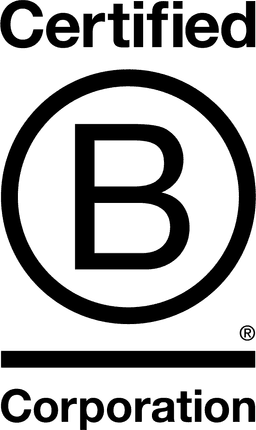

Greentom

1.6
Limburg, Netherlands The
April 2022
Rubber & plastics products
Wholesale/Retail
Netherlands The
Greentom was founded in 2013 and stands for ‘Green Tomorrow’. It was built on the idea that the most sustainable thing to do is to stop using natural resources and use existing waste as a raw material to create beautiful products. By giving plastic waste a new life and empowering people to choose sustainable alternatives for everyday products, Greentom wants to leave a better world for future generations. With its first product; the Greentom stroller, they show how Dutch Design, Product Excellence and Sustainability can go hand in hand. More than 85% of the Greentom stroller is made of high-quality recycled plastic. The frame consists of only 34 unique components and is made from post-consumer plastic waste such as yoghurt cups and packaging material. The fabric is made from used drinking bottles. It can be assembled anywhere in the world within 5 minutes and is certified in accordance with the applicable safety requirements and quality standards. The Greentom stroller has also been designed in a way that its components can easily be exchanged. This allows for circular solutions such as repairs,refurbishment and leasing. Finally, at the end of its lifecycle,the stroller parts can be disassembled and recycled accordingly. This is how Greentom contributes to a circular economy.
Overall B Impact Score
Governance 17.7
Governance evaluates a company's overall mission, engagement around its social/environmental impact, ethics, and transparency. This section also evaluates the ability of a company to protect their mission and formally consider stakeholders in decision making through their corporate structure (e.g. benefit corporation) or corporate governing documents.
What is this? A company with an Impact Business Model is intentionally designed to create a specific positive outcome for one of its stakeholders - such as workers, community, environment, or customers.
Workers 25.0
Workers evaluates a company’s contributions to its employees’ financial security, health & safety, wellness, career development, and engagement & satisfaction. In addition, this section recognizes business models designed to benefit workers, such as companies that are at least 40% owned by non-executive employees and those that have workforce development programs to support individuals with barriers to employment.
Community 19.2
Community evaluates a company’s engagement with and impact on the communities in which it operates, hires from, and sources from. Topics include diversity, equity & inclusion, economic impact, civic engagement, charitable giving, and supply chain management. In addition, this section recognizes business models that are designed to address specific community-oriented problems, such as poverty alleviation through fair trade sourcing or distribution via microenterprises, producer cooperative models, locally focused economic development, and formal charitable giving commitments.
Environment 50.9
Environment evaluates a company’s overall environmental management practices as well as its impact on the air, climate, water, land, and biodiversity. This includes the direct impact of a company’s operations and, when applicable its supply chain and distribution channels. This section also recognizes companies with environmentally innovative production processes and those that sell products or services that have a positive environmental impact. Some examples might include products and services that create renewable energy, reduce consumption or waste, conserve land or wildlife, provide less toxic alternatives to the market, or educate people about environmental problems.
What is this? A company with an Impact Business Model is intentionally designed to create a specific positive outcome for one of its stakeholders - such as workers, community, environment, or customers.
Customers 3.1
Customers evaluates a company’s stewardship of its customers through the quality of its products and services, ethical marketing, data privacy and security, and feedback channels. In addition, this section recognizes products or services that are designed to address a particular social problem for or through its customers, such as health or educational products, arts & media products, serving underserved customers/clients, and services that improve the social impact of other businesses or organizations.